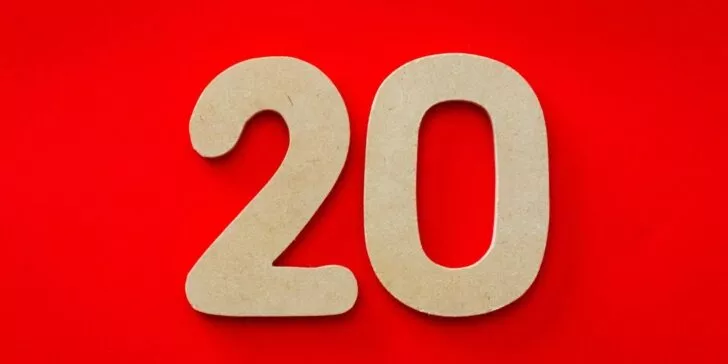I’m not sure whether this is a story about synchronicity or about irony. Maybe you can tell me.
For one of my projects, I’m reading up on behavioral economics. It’s fascinating. I’ve bought a few books on the topic, and in the nascent spirit of minimalism that comes to me in cabin-fever months, I downloaded them to my Kindle.
The introduction to Nudge: Improving Decisions About Health, Wealth and Happiness talks about a fictional food-service manager and her efforts to change cafeteria behavior. The writers are introducing the concept of a “choice architect” – someone whose work gives her “the responsibility for organizing the context in which people make decisions.”
Interesting concept. I’ll want to quote it later. I should highlight that so it’ll be easy to see and so it’ll go into my “notebook.”
Except I didn’t even need to think that. The sentence was already underlined and when I touched it I got a pop-up that told me that “769 other people highlighted this part of the book.”
Now, I know this is a really old, really basic Kindle function. It’s been around for at least five years.
But it really pissed me off.
And I was startled. Not because it happened – the functionality is old and obvious – but at my reaction. It’s helpful, right? I was going to do it anyway, right?
The more I thought about it, the more I realized my issue lay in the context.
I think social media are fascinating and important and very literally changing the world in deep and fundamental ways. I’ve been up to my elbows in it, academically and professionally, for a decade. I make my living in it and on it. I’m teaching an entire class this semester on it and it alone.
I am not, in short, somebody who hates on social recommendations.
I am also, however, a lover of books. An adorer. A worshipper. To say that the act of reading a book is sacred to me – well, it’s a bit of hyperbole… but only a bit.
For me to go e-book has been hard, and only my loathing of clutter has helped me. To have my book try to tell me which bits other people liked best – not what the author emphasized, but what my peers in unimportance did – was jarring.
This is a love affair that’s been going on since I was two years old. Books are safe. They are known. They are an escape and a refuge. They are solace and peace. They are not going to start asking me to rate every chapter.
Are they?
Had all of those people agreed to share the information about their usage of the book? Did this mean I had unwittingly agreed to share my own? What other information was I sharing besides what I highlighted?
Did I care?
Apparently, they might, and apparently, I did. And it seemed to be because of the context. Social media in places that I’d come to associate with social media – totally okay. Social media in my beloved books – not, it seems, quite so okay with me.
It’s a line I didn’t know I had. And it’s a weird one to have, I admit. I love jotting snarky margin notes. I love lending books. I love borrowing books. I love Goodreads. This, by rights, should not have been a line.
I suspect that’s a line that will rapidly fade. Already, I’m growing accustomed to it. And for someone who grows up on e-books, it will be part of the landscape. But it’s made me wonder.
What social infiltration will surprise Gen Z?
Social reviews popping up on your restaurant menu?
On your subway card for the quickest route to work?
In your closet, telling you who really liked those boots?
Or will none of those surprise? Will that be par for the course?
And if so – what would we then do if we were forced into a situation without that? Could we someday lose the ability to highlight our own books, pick our own meals… elect our own candidates?
It’s a provocative alley to go down, and I don’t think I believe in where it would lead. But it’s an interesting one.


